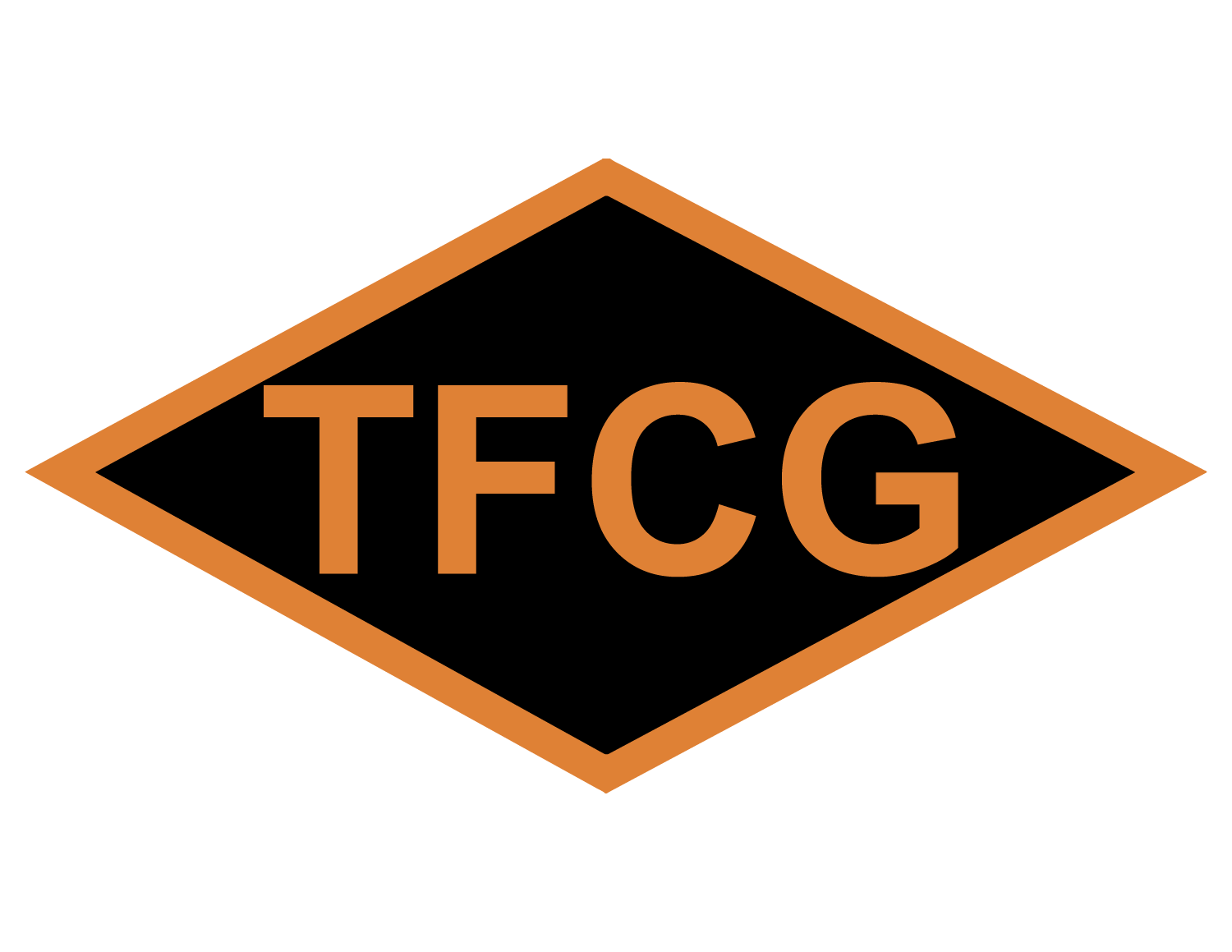Leadership Unleashed (#62)
I adopted a rescue dog in May. Samantha is a 60 pound labrador retriever/boxer/hound dog mix who has been a great addition to the team and the family. She is smart; a good walking companion; knows how to sit, heel, and lay down; and willing to please. However, like many rescue dogs, Samantha was not socialized or well treated before I adopted her. She is afraid of everything. Some things that scared her this week: a butterfly, trash bags, the vacuum cleaner, big trucks, the lawn guys, the postal worker, construction workers, smoke alarms, other dogs, squirrels, the motion activated light, and statutes. You get the idea.
Back in 2006, Amy Sutherland, a gifted and funny writer, wrote an article in the New York Times entitled “What Shamu Taught Me About a Happy Marriage.” Amy had been working on a book about exotic animal trainers and discovered that the trainers reward behavior they like and ignore behavior they don’t. Having some trouble with her marriage, Amy decided to use this principle with Scott, her husband. Surprisingly, it worked. The experience led to a book as well, entitled What Shamu Taught Me About Life, Love and Marriage: Lessons for People from Animals and Their Trainers. Now, I realize that trained killer whales have fallen out of favor in the last 14 years, but at least take a look at the article here. It’s worth your time.
I don’t think my experience with Samantha warrants a New York Times article or best selling book. But, I do think that leadership unleashed is a cool title. And there are some ideas and principles that I have learned over the last six months working with my dog that can be applied to working with people.
As I think back on the last six months of working with Samantha, there are five lessons from working with a skittish dog that apply to leading people:
It’s a long road ahead for Sam and me.
Patience — It is a long road to build Samantha’s confidence. For every day that we take a step forward, there is a day where we take a step backwards. Yet, as I look back to May 2020 (when I rescued her) she has improved so much over the six months. For example, when once she was scared to eat, now she has a normal appetite and eats two big meals a day. At first, she would cower when we walked around the block. Now, she walks tall.
When working with your group or an individual, remember it is a long road to improving their leadership skills or behaviors. Take the long approach. And remember to look back every six months or so to recognize and acknowledge how much that person or group has developed.
Consistency — With a dog as skittish as Samantha, consistency is very important. We get up at almost the same time every day and take walks at the same time. She eats the same food for breakfast and dinner and sleeps in the same place every night. The routine has built trust between Samantha and me.
You have a daily routine (I talked about ways to enhance it in Post #44 — Personal Operating Rhythm.) What routine activities are building trust in your organization? And what routine activities are decreasing trust? Would it be possible to eliminate one or all of the activities that aren’t building trust?
Positive Rewards Work — Samantha didn’t like her crate at first. But, when I started giving her a treat every time she went into it, she slowly developed a positive association with the crate. Now, I can say “Go crate” and she immediately goes to her crate and sits, eagerly anticipating her treat. Hey this Pavlov guy was right!
People want recognition for their great performance too. Way back in Post #17, I talked about Recognizing Excellence. How are you positively rewarding people in your organization for doing behaviors or achieving performance that you want?
Happiness — Samantha doesn’t like to be alone. But, after four months of living with us, Sam started getting excited and happy whenever we came back to the house. Now she insists on going to the backyard and running laps of happiness whenever we return. It always brings a smile to my face to see her run around.
Your mood impacts your team. Remember to be happy to see your team, just like Samantha. Your positive energy and happiness, even virtually, will have a positive impact on your group.
Energy Level — Samantha sleeps a lot — at least 14 hours a day. But, when we go for a walk she is always energetic. Samantha understands the importance of recharging her batteries and keeping her energy level high for the important events.
As leaders, getting enough sleep is extremely important to help make better decisions, keep your focus, and remain positive. I know in the Army I didn’t get enough sleep — I lived on six hours of sleep and lots of coffee. Make sure you are finding a way to get at least 7 hours of quality sleep at night so you can make better decisions for your organization.
Samantha keeping the energy level up for the important stuff.
Patience, consistency, positive rewards, happiness at seeing your team, and maintaining your energy level are great leadership lessons that Samantha has taught me. Apply one or all of them to your organization and unleash the power of your group.


